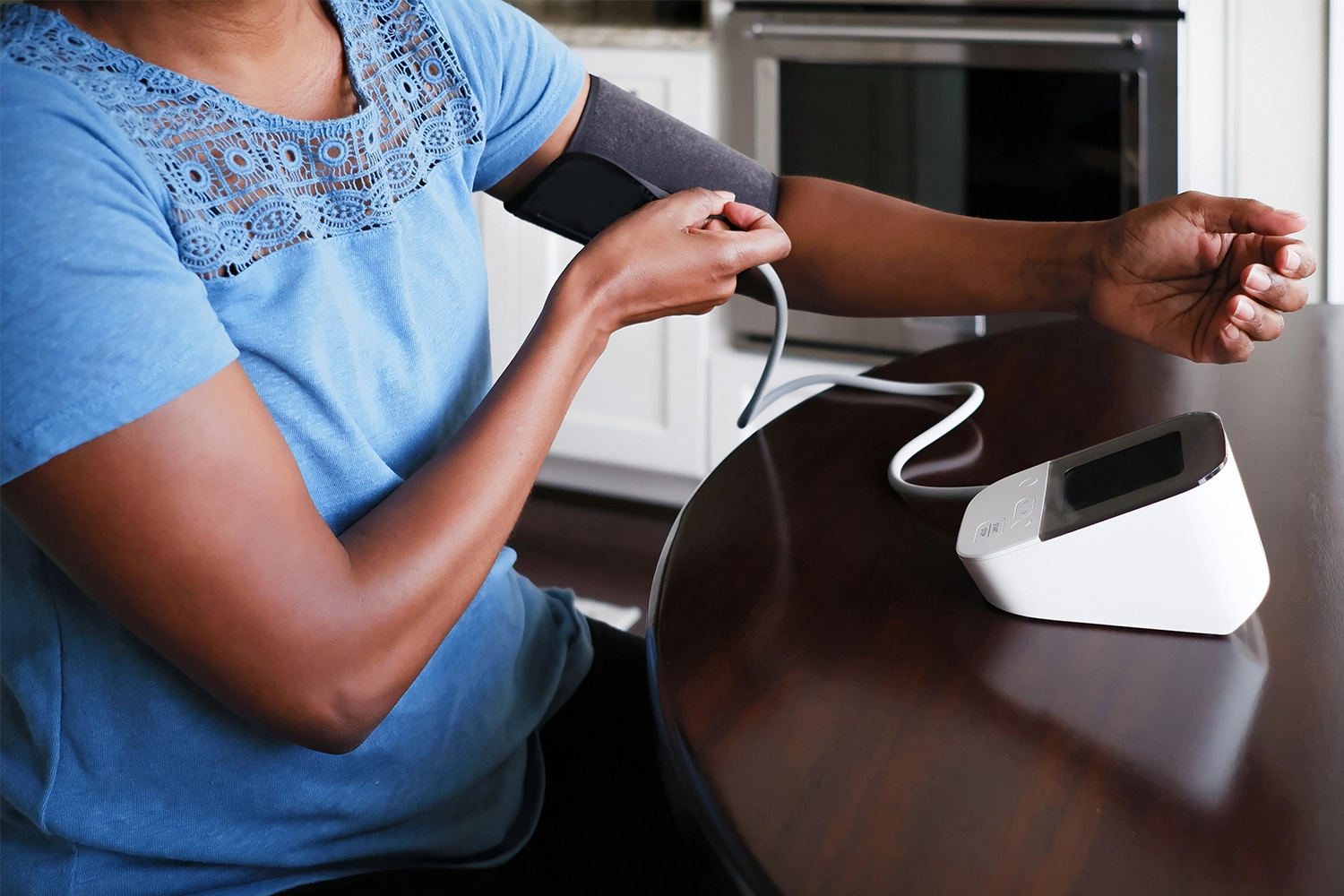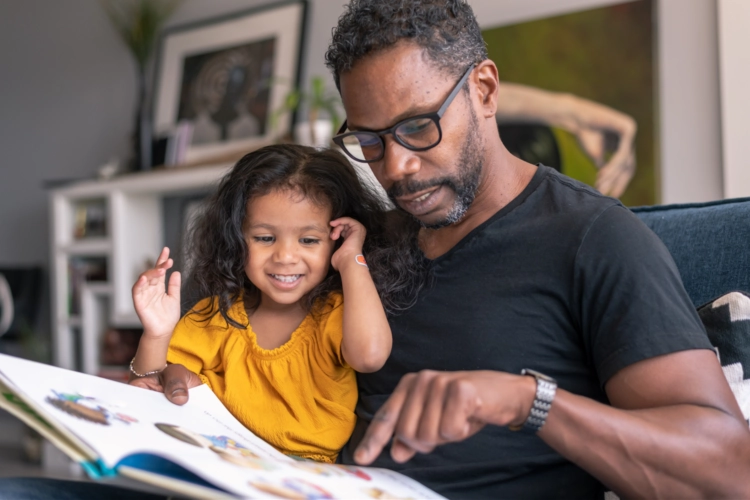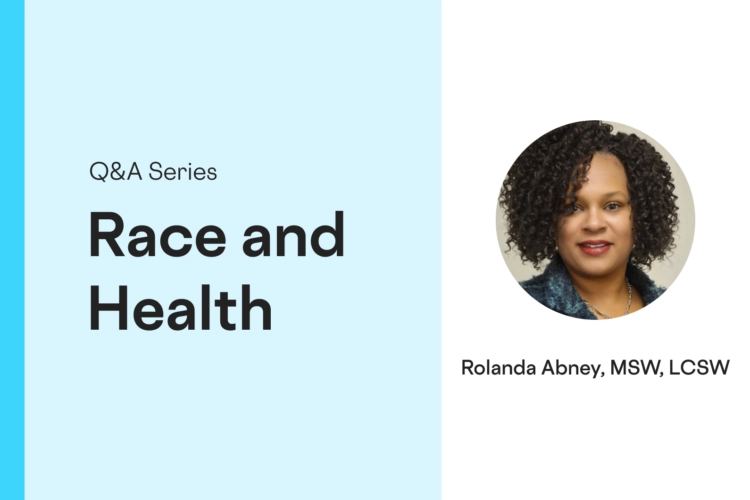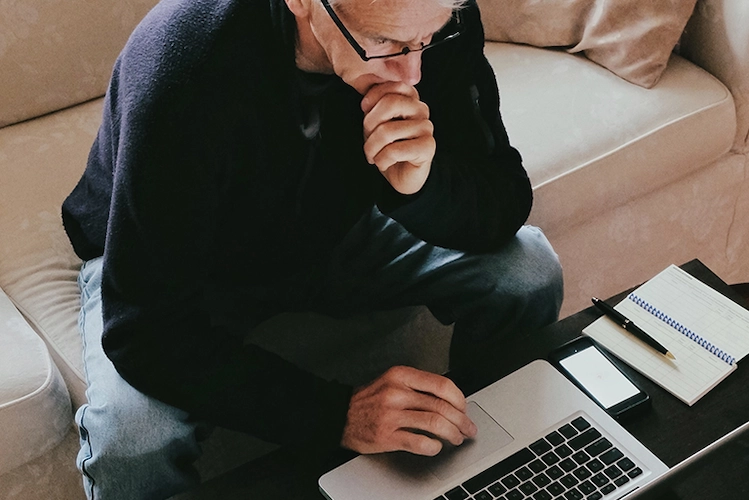High blood pressure is a serious issue which can lead to problems like stroke and heart disease. Luckily, there are many ways to avoid high blood pressure. If you’re not sure where to start, we have six simple tips for lowering your blood pressure naturally and safely.
What is high blood pressure?
High blood pressure (Hypertension) is a chronic disorder that causes higher pressure inside your arteries than is normal. This leads to chronic strain in many organs of your body and premature hardening and thickening of your arteries, known as atherosclerosis.
High blood pressure is defined as having a measurement of 130/80 mmHg, with Stage 2 Hypertension being greater than 140/90 mmHg. About half of the untreated population with high blood pressure actually has Stage 2 Hypertension, and only 24% of those with high blood pressure have their condition under control.
What are symptoms of high blood pressure?
One challenge is that people with high blood pressure do not feel anything is wrong until serious damage finally occurs. That is why Hypertension has been called “The Silent Killer.” While some people may have symptoms like headaches and nosebleeds, many people don’t know these are related to high blood pressure.
What causes high blood pressure?
There are many factors that can cause high blood pressure, from genetics, to lifestyle choices, to ethnicity, even!
Genetics seem to be the most likely indicator behind high blood pressure, though it has been hypothesized to be both environmental and inherited; for example, families may experience high blood pressure because of genetics AND because they live in the same environment.
Similarly, age and ethnicity can be factors in Hypertension. While men and women are equally likely to have high blood pressure, those who are older are more likely to have Hypertension, and Black people tend to have higher blood pressure than other races and ethnicities.
There are also lifestyle choices that can cause higher blood pressure, including physical inactivity, smoking, excessive drinking, an unhealthy diet, and obesity.
How does high blood pressure affect the body?
Your heart, brain, arteries, and kidneys are the main body organs that can be damaged by uncontrolled chronic blood pressure or acute spikes in your blood pressure. Stroke, heart attack, heart failure, and kidney failure can lead to you being disabled and unable to work.
How can you lower your blood pressure?
Try these 6 ways to help lower your blood pressure:
- Get regular exercise. Even if it’s a walk around the block, moving your body can help you get your blood pumping, increasing your heart’s and blood vessels’ activity.
- Eat a healthy diet. Get your greens, and lower that sodium intake. Whole grains, protein, and low-fat dairy products are all good for your health; try to avoid foods high in sodium and sugar, as well as excessive alcohol.
- Maintain a healthy weight. Obesity can be a serious cause of Hypertension, because your heart is working overtime. A healthy diet and regular exercise can help with this.
- Stop smoking. Smoking affects the lungs, of course, but it also affects the heart and blood vessels – you’re literally breathing in carbon monoxide. Put the cigarette down and go for a walk instead.
- Avoid stress. Whether you go to therapy, talk it out with friends, journal, or have another outlet, lessening stress can help fight Hypertension by lowering heart rate and releasing constricting blood vessels.
- Take your meds as prescribed. Don’t play games with your medications – you wouldn’t be prescribed meds with directions if they weren’t meant to be taken a certain way! If you have questions, speak with your doctor before making any changes.
Lowering blood pressure doesn’t have to be stressful – these six tips are great starting points to fight hypertension and get you back on the right track.
About the author

Tess Aurore
Tess Aurore is an LGBTQ+ Health Content Writer. A member of the LGBTQ+ community who copes with multiple chronic illnesses, she has firsthand knowledge of the healthcare system. Tess contributes her vast knowledge to the Content Team at Included Health, providing insight into LGBTQ+ patients’ struggles in a system that often overlooks her community’s unique and diverse healthcare needs.



